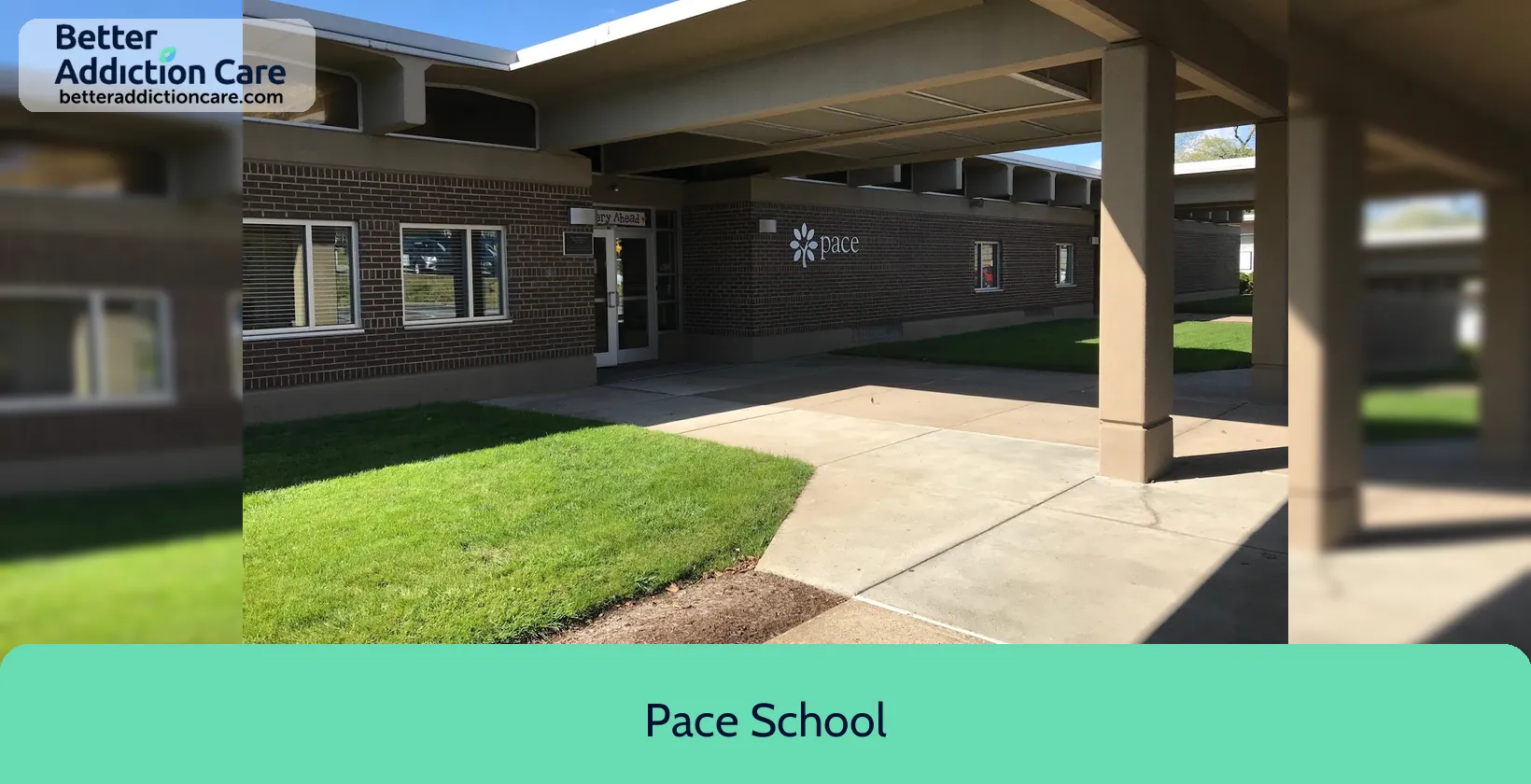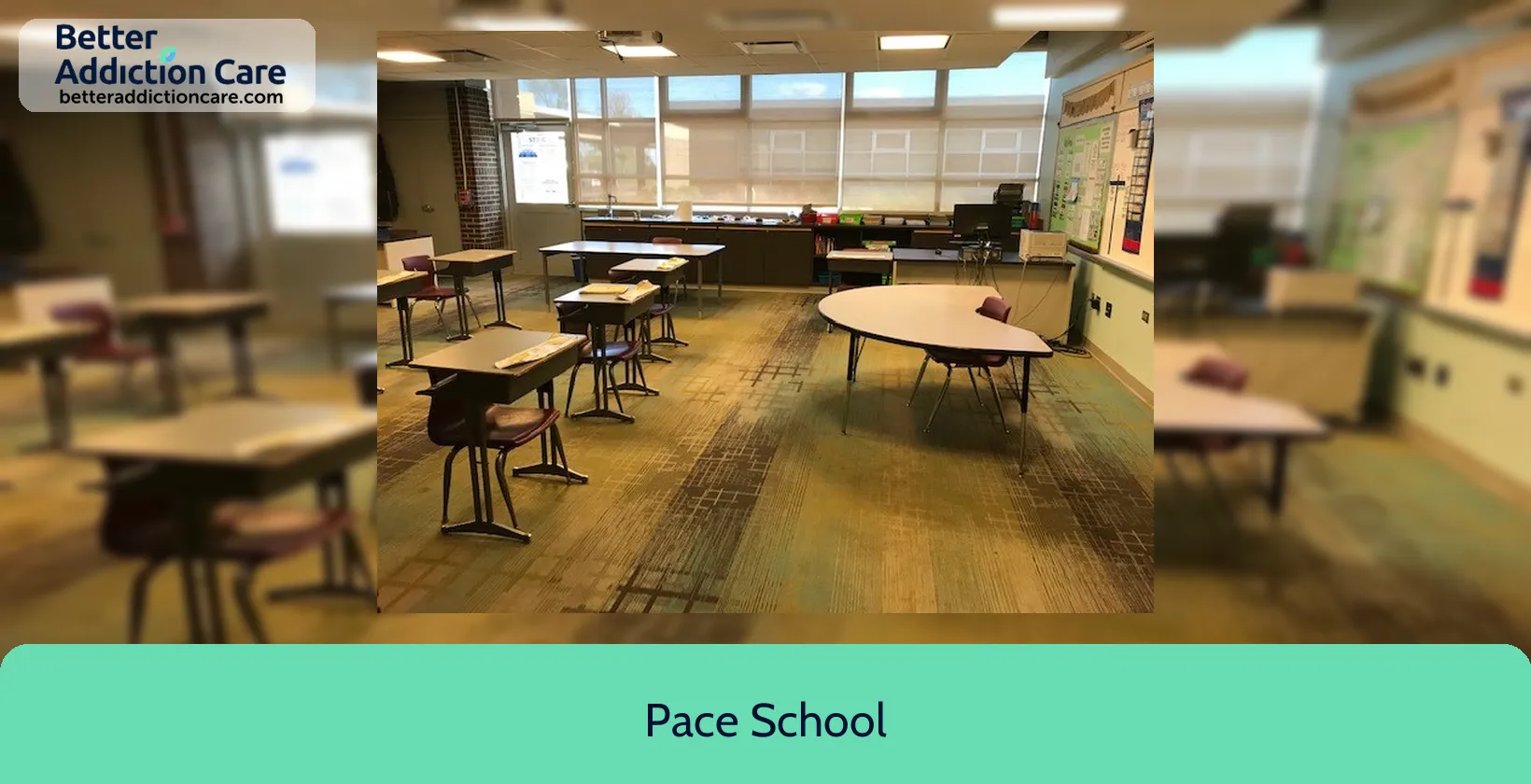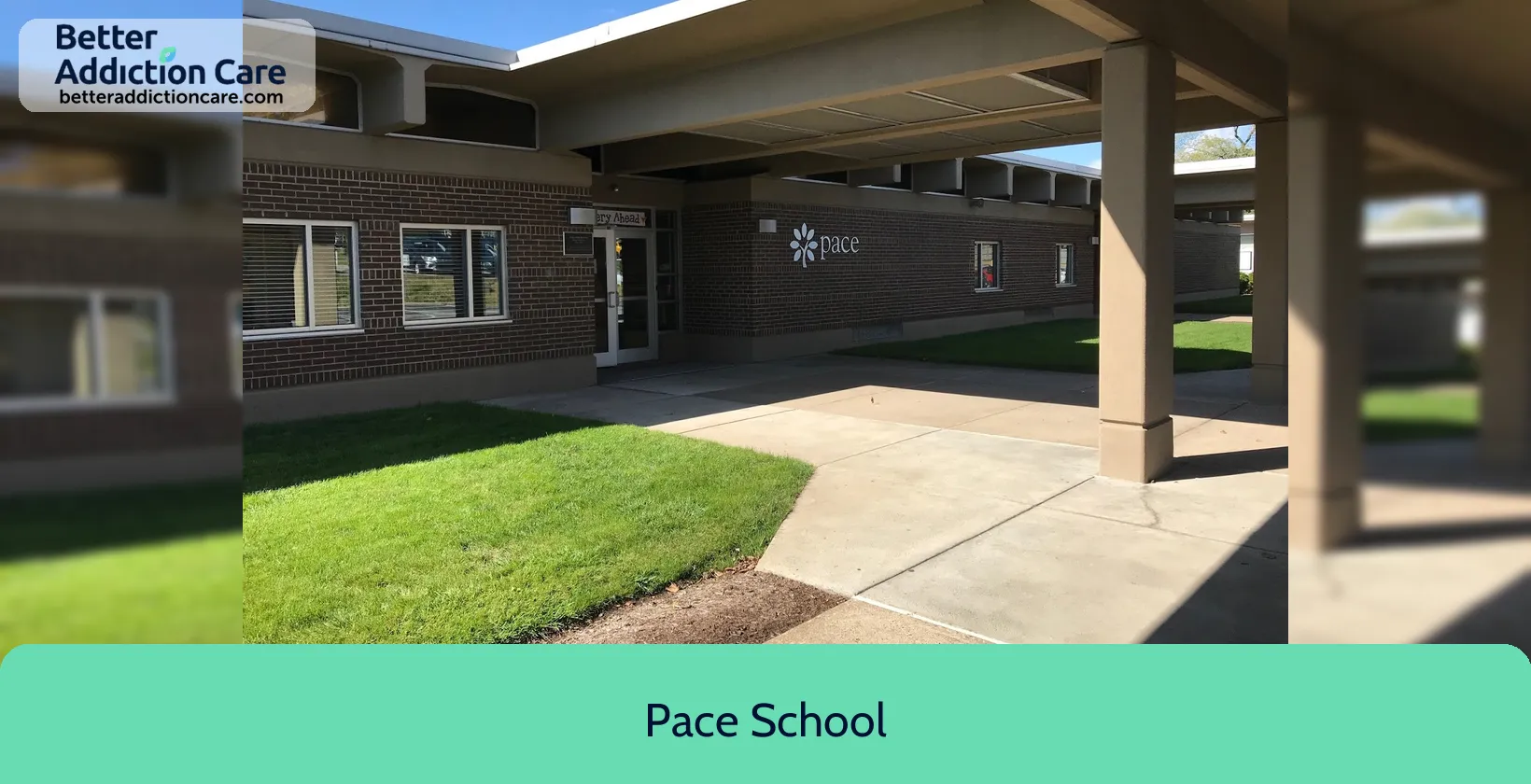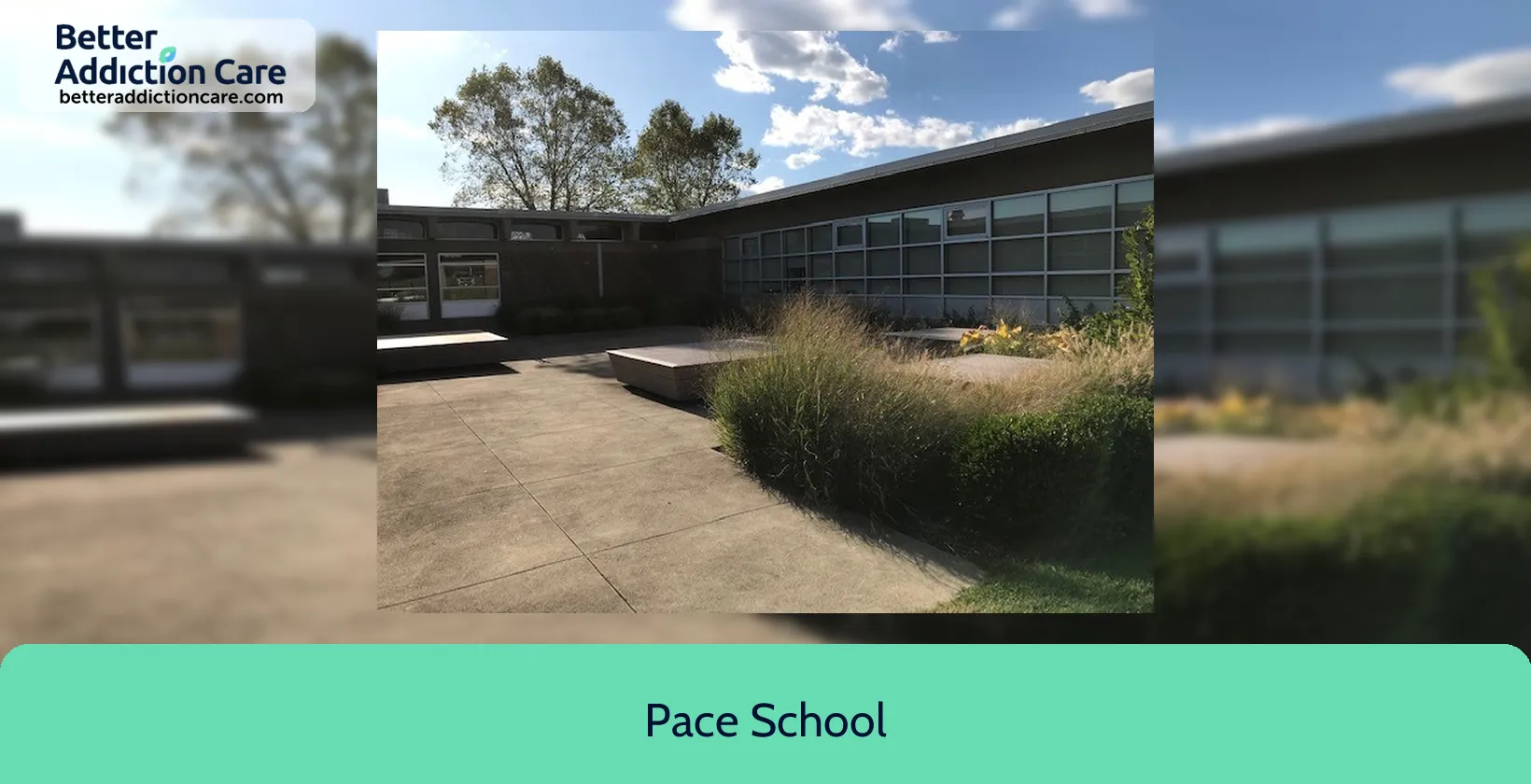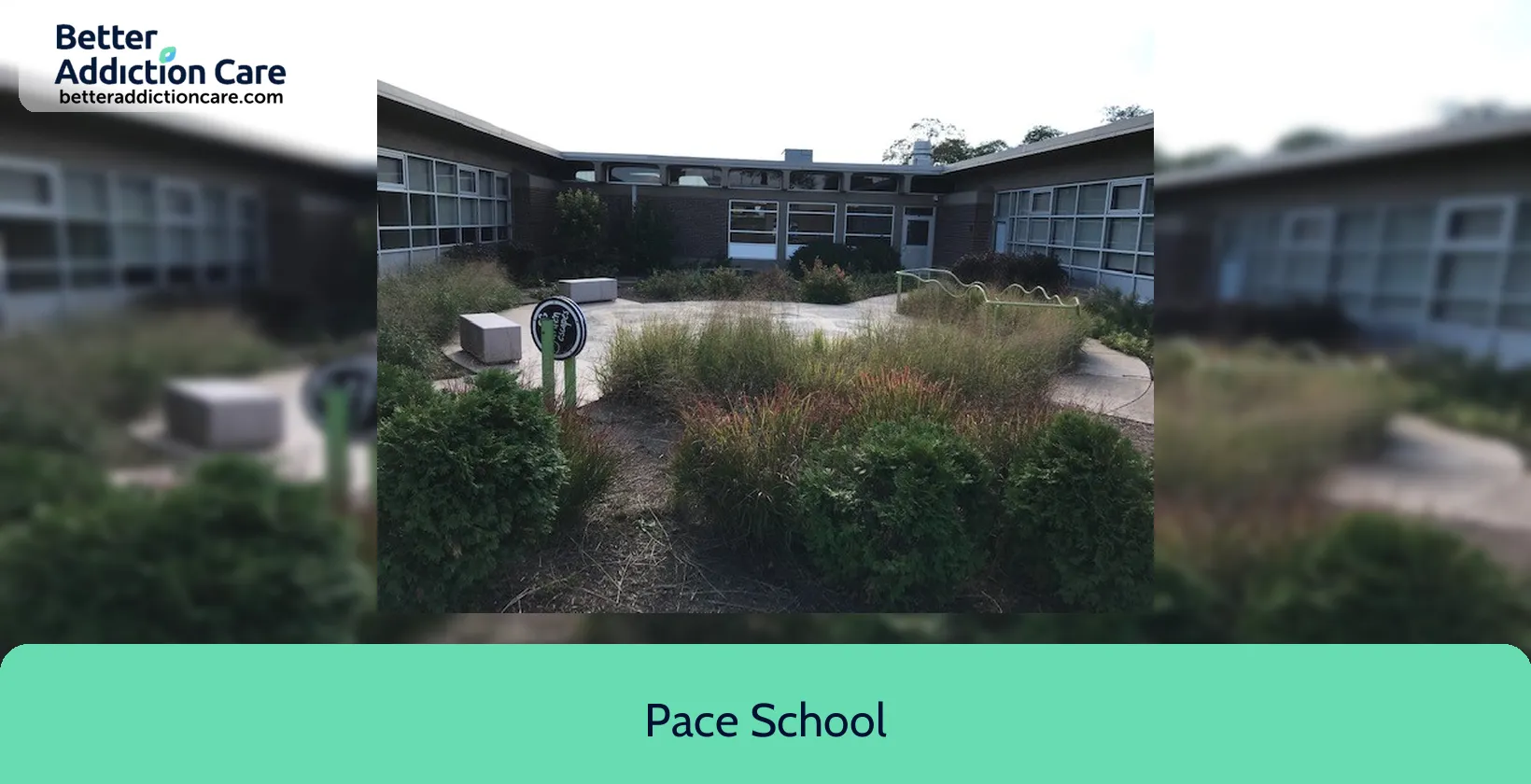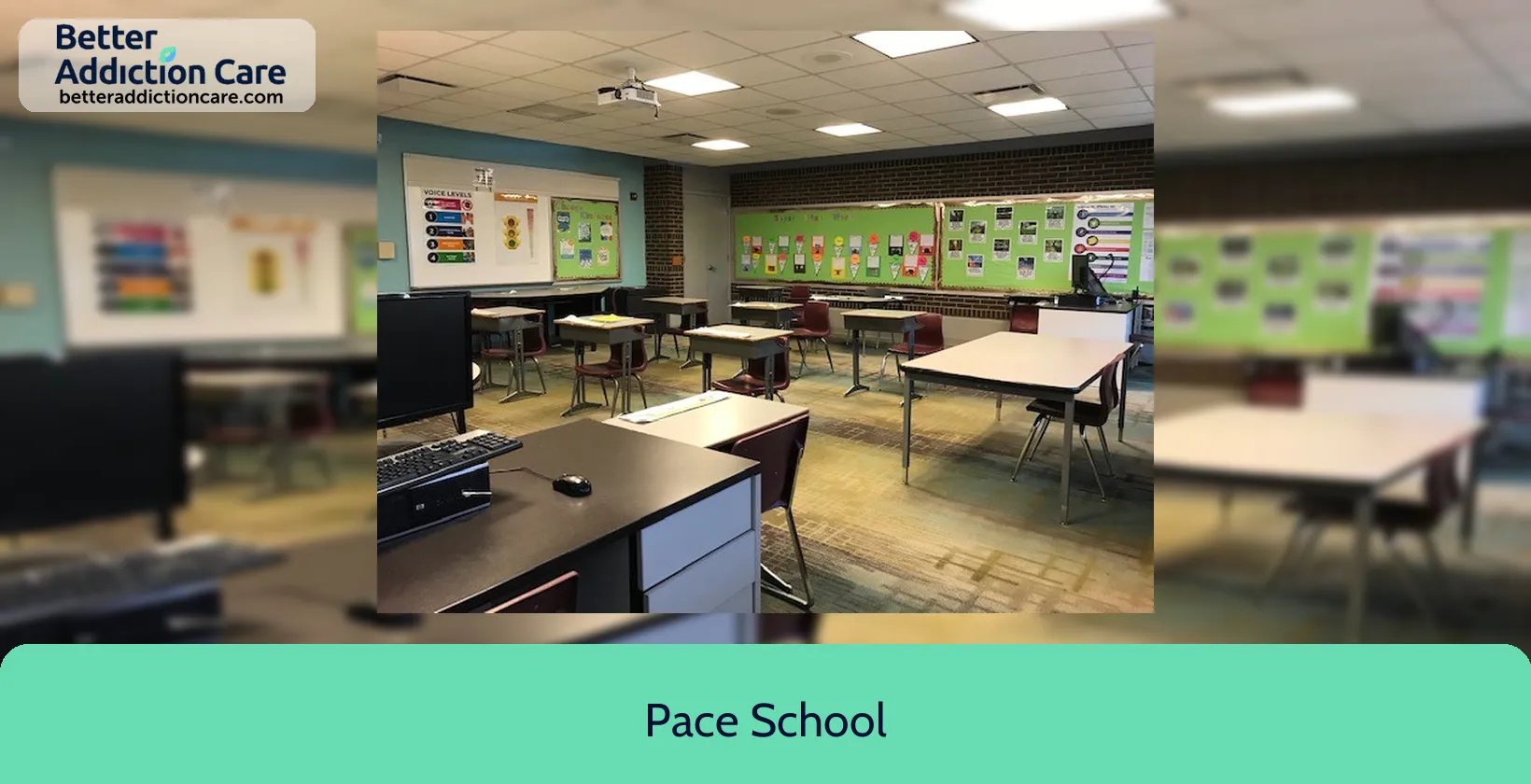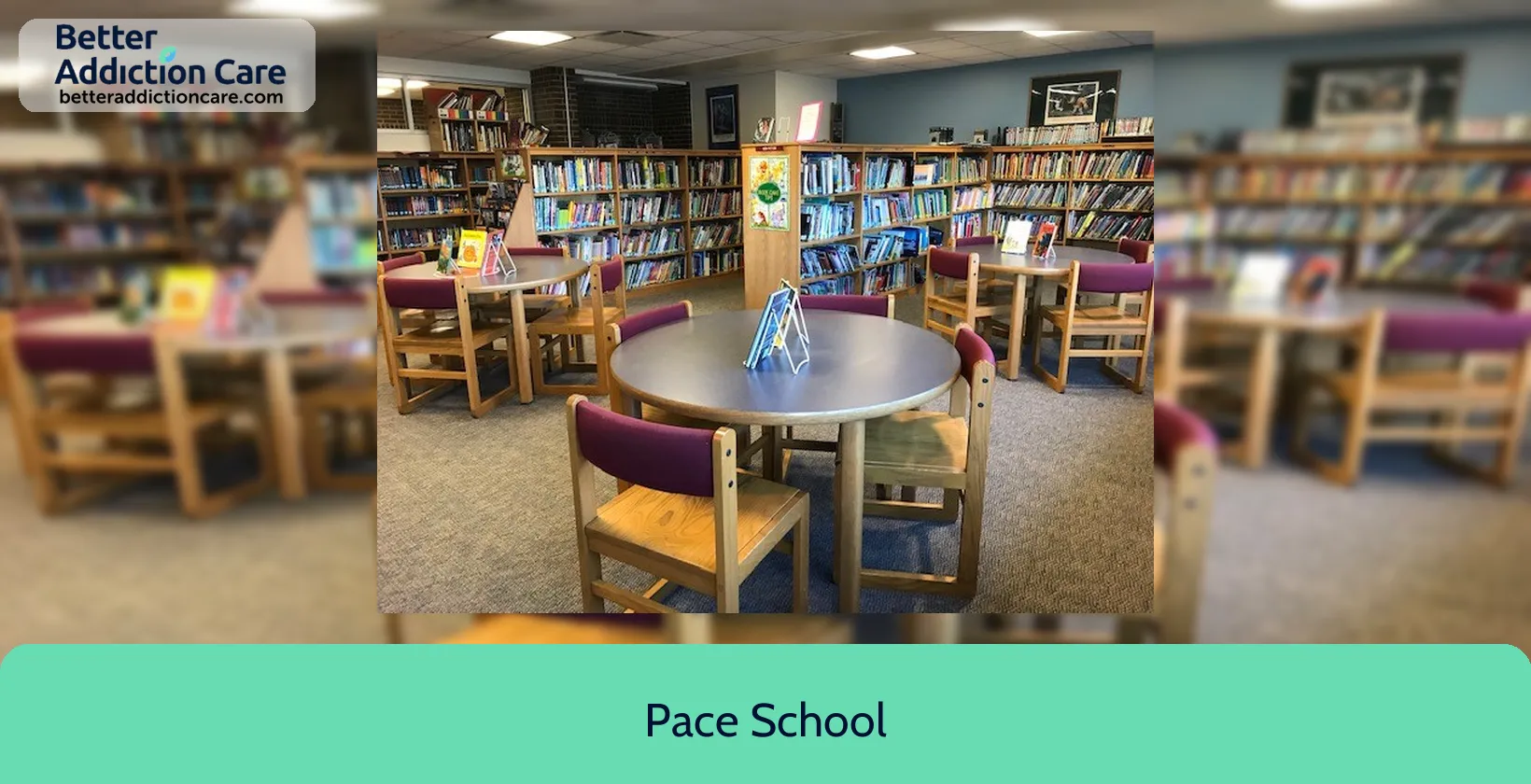Pace School
Overview
Pace School is a mental health treatment center for people seeking treatment near Allegheny County. As part of their treatment modalities for recovery, Pace School provides group counseling, cognitive behavioral therapy, and dialectical behavior therapy during treatment. Pace School is located in Pittsburgh, Pennsylvania, accepting medicaid for treatment.
Pace School at a Glance
Payment Options
- Medicaid
- Cash or self-payment
Assessments
- Screening for tobacco use
- Comprehensive mental health assessment
- Comprehensive substance use assessment
Age Groups
- Children/adolescents
- Young adults
Ancillary Services
- Education services
- Family psychoeducation
- Suicide prevention services
Highlights About Pace School
6.56/10
With an overall rating of 6.56/10, this facility has following balanced range of services. Alcohol Rehabilitation: 8.00/10, Drug Rehab and Detox: 6.00/10, Insurance and Payments: 6.00/10, Treatment Options: 6.24/10.-
Alcohol Rehabilitation 8.00
-
Treatment Options 6.24
-
Drug Rehab and Detox 6.00
-
Insurance and Payments 6.00
Treatment At Pace School
Treatment Conditions
- Mental health treatment
- Substance use treatment
- Co-occurring Disorders
Care Levels
- Partial Hospitalization Program
- Outpatient
Treatment Modalities
- Group counseling
- Cognitive behavioral therapy
- Dialectical behavior therapy
Ancillary Services
Special Programs
- Children/adolescents with serious emotional disturbance (SED)
- Persons 18 and older with serious mental illness (SMI)
Get Help Now
Common Questions About Pace School
Contact Information
Other Facilities in Pittsburgh

6.92

7.43

7.92

6.67
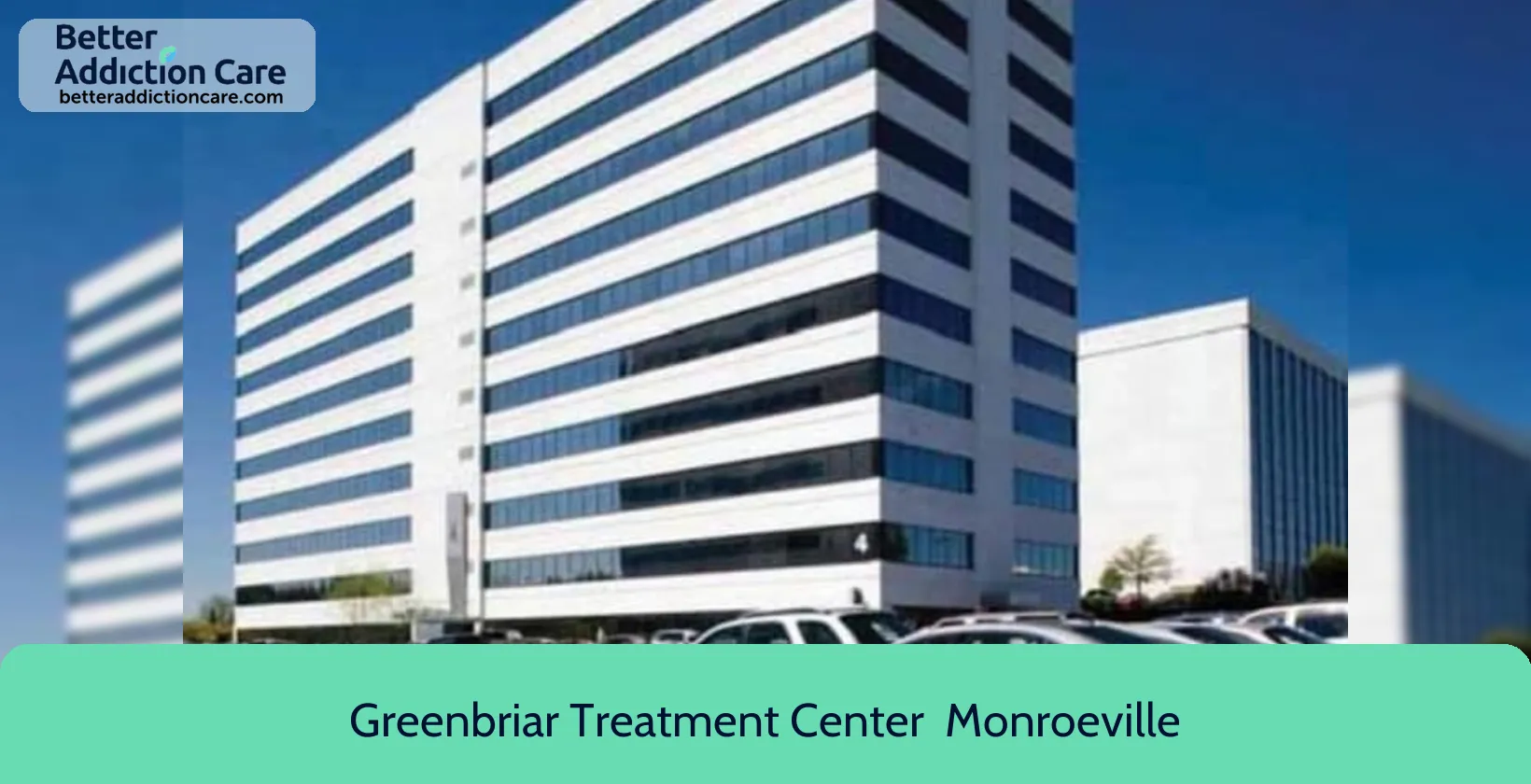
6.93
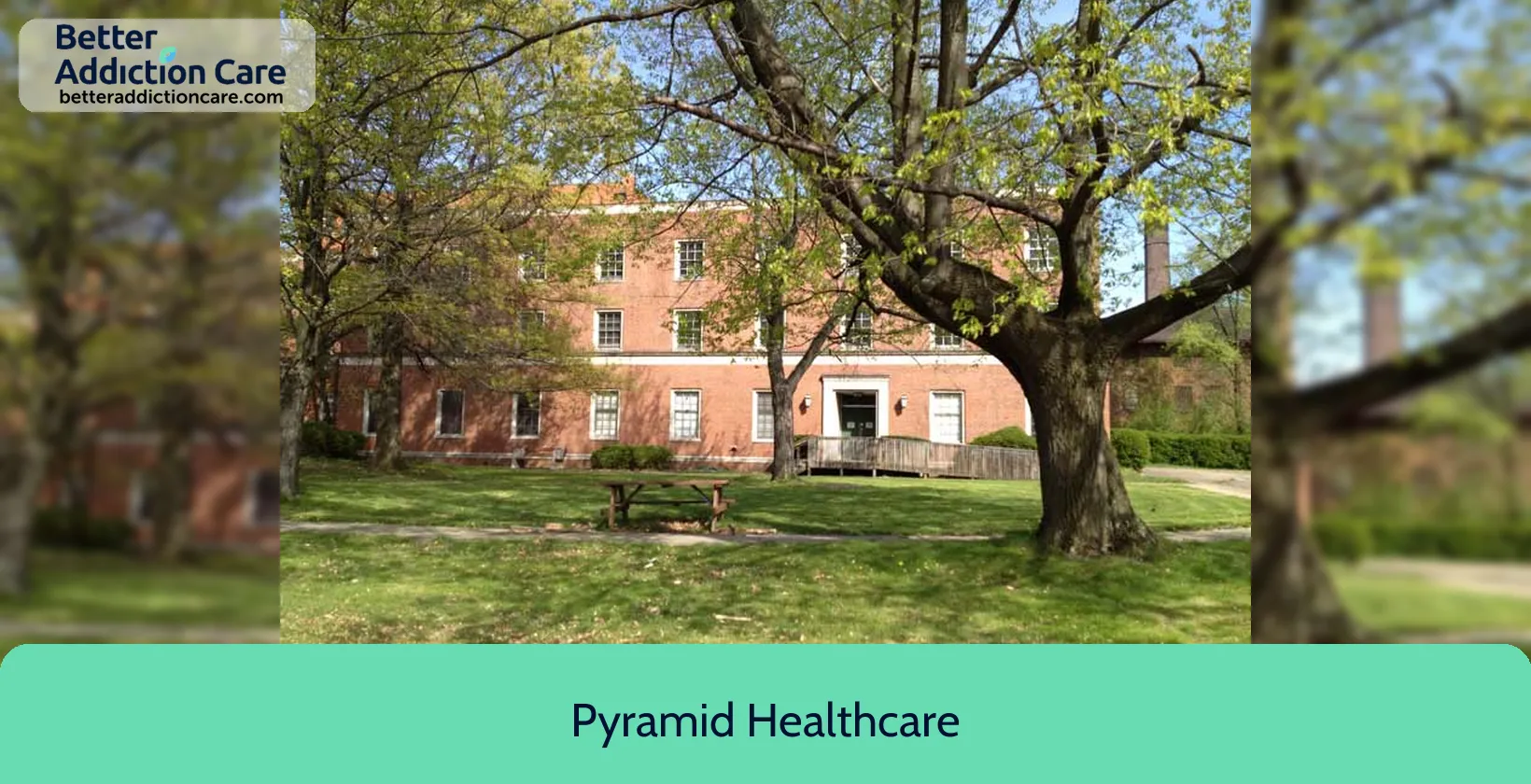
7.27
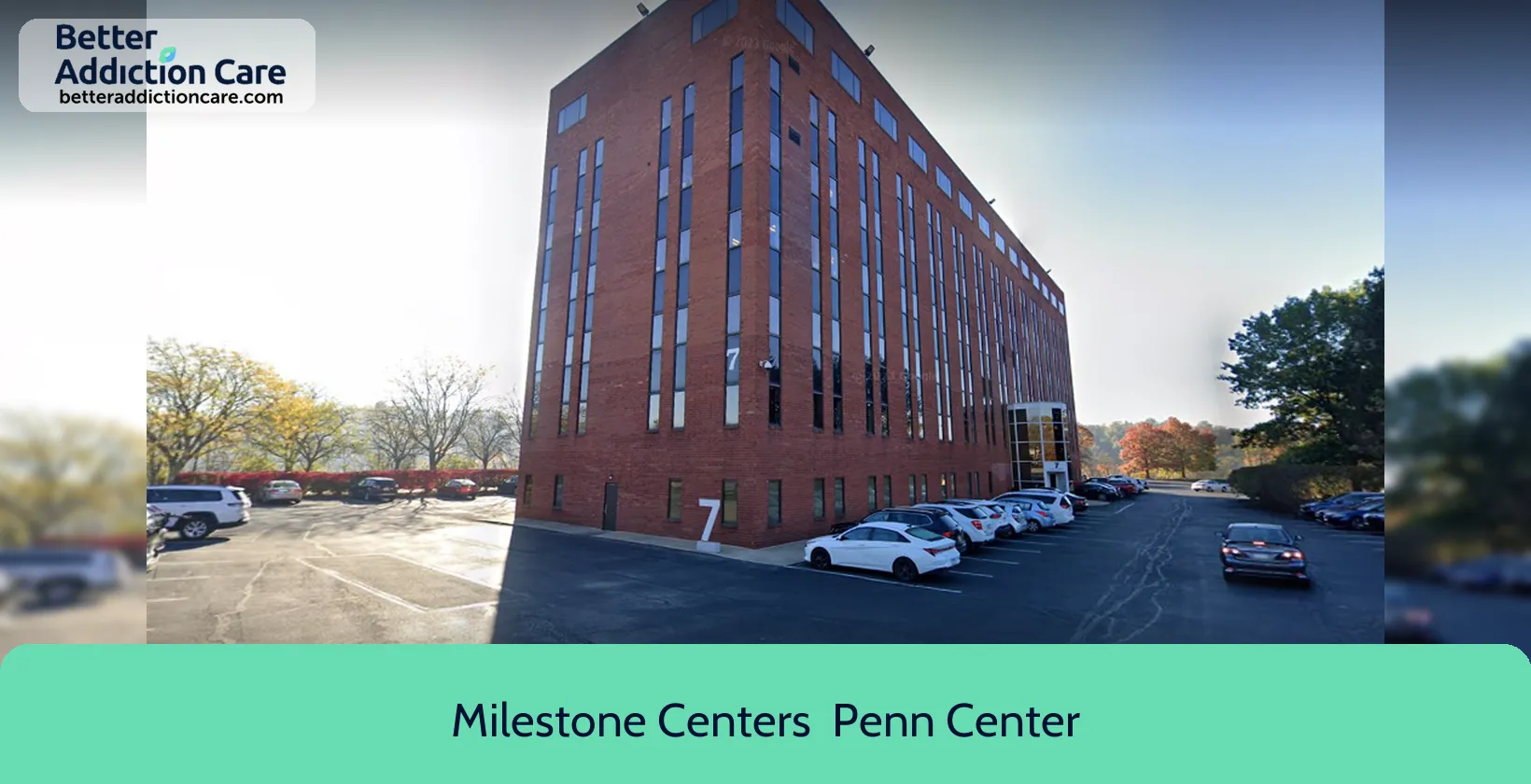
6.65
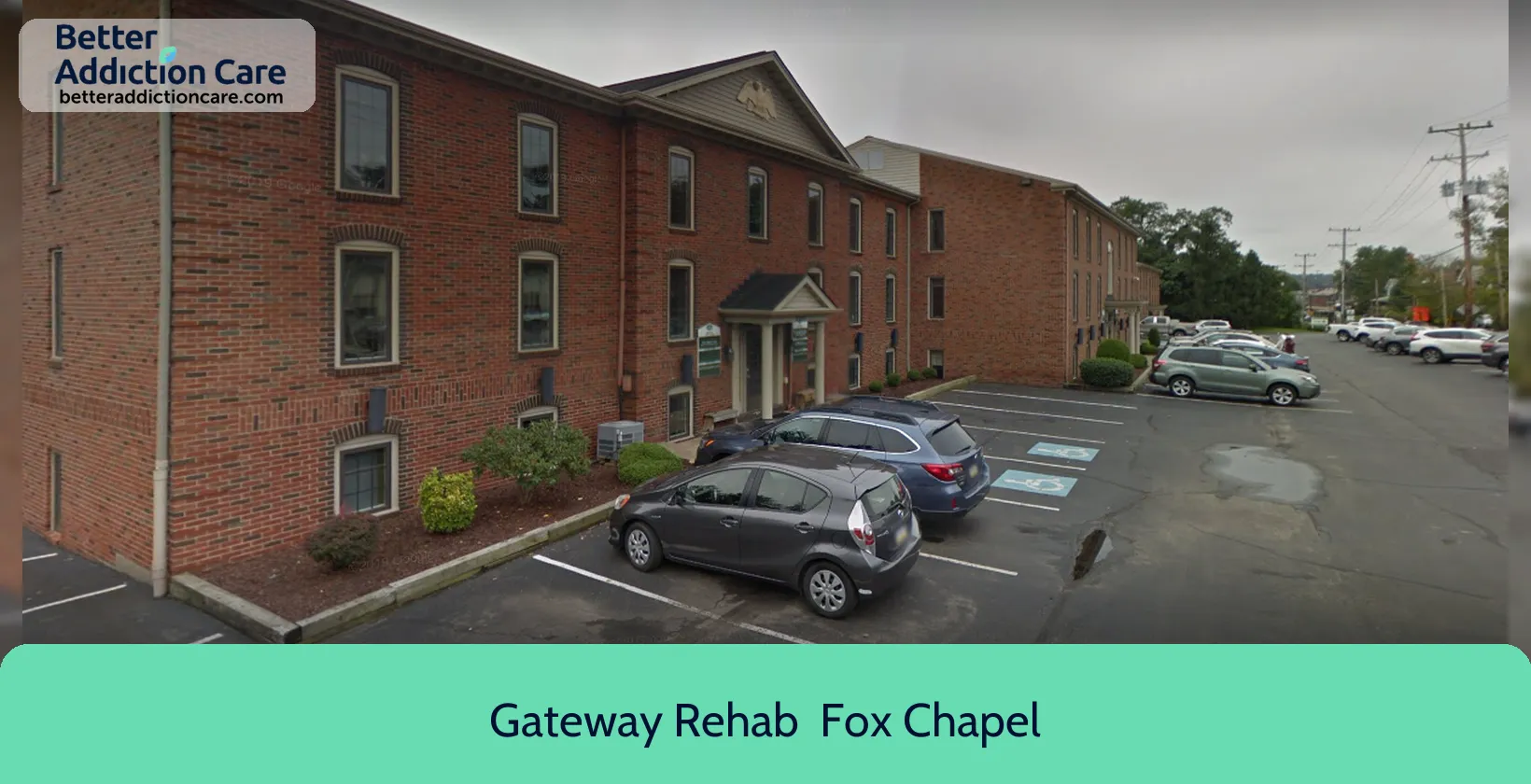
7.37
DISCLAIMER: The facility name, logo and brand are the property and registered trademarks of Gateway Rehab - Fox Chapel, and are being used for identification and informational purposes only. Use of these names, logos and brands shall not imply endorsement. BetterAddictionCare.com is not affiliated with or sponsored by Gateway Rehab - Fox Chapel.
